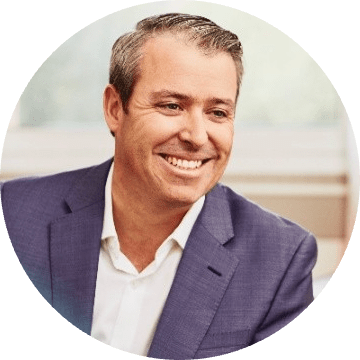Lack of LGBTQ+ inclusion is hindering workplace productivity

Over a third (36%) of LGBTQ+ workers have been less motivated or productive at work as they can’t be themselves, according to talent company Randstad’s recent Workmonitor Pulse survey of more than 2,000 employees around the world.
The lack of LGBTQ+ inclusion impacts productivity in a myriad of ways in the workplace. For example, spending time trying to guess someone’s pronouns when an employee doesn’t include them in an email signature. Or, it could look like someone who doesn’t feel a sense of belonging, which in turn makes them disengaged and less likely to want to show up excited to get everything done for the day.
“Bringing your full self to work has a direct impact to your productivity, your engagement, your actions in work, and making sure that you’re consistently communicating,” said Marc-Etienne Julien, Randstad CEO of North America. “People need to be their full selves.”
With Pride Month around the corner, companies are once again thinking about what an inclusive workplace really looks like, despite this marginalized group wishing it would be discussed year-round. According to Randstad’s survey, while 41% of workers said that their employer actively engages with Pride Month, 39% consider their employer’s contribution to be tokenistic.
“The feedback we get from people is they expect their employer to be active and consistent throughout the whole year,” said Julien.
And it’s having a big impact on LGBTQ+ workers, which in turn is affecting their employers. Despite positive strides toward more inclusive workplaces, 41% of LGBTQ+ workers internationally say they have faced discrimination at work. That number is highest in the U.S. where 51% reported they experienced discrimination. Meanwhile, 36% of workers choose to work remotely because the office doesn’t feel like an inclusive space to them.
Globally, this discrimination has pushed 29% of workers to quit roles — another reminder of how important DE&I is when it comes to retention to avoid costly attrition.
To create an environment for LGBTQ+ workers, Julien suggests empowering employee-driven groups, instilling a culture of respect and empathy, and fostering authentic allyship throughout the year.
“It has to be a priority at the top,” said Julien, who is the global executive sponsor for Randstad’s pride business resource group. “It requires senior executive engagement, company-provided resources, which is time, money, and bandwidth for people to be able to actually do the work. That means ongoing engagement to keep it alive. You consistently need to innovate, try something new, engage external speakers, to make sure that it carries on momentum and does not lose steam over time.”
Lois Castillo, head of DEI at advertising tech firm Basis Technologies, doubles down on the importance of each of these initiatives. The pronoun example mentioned earlier is a good place for organizations to start.
“People think that using pronouns is only for the LGBTQ+, but it’s not,” said Castillo. “As we become a more global world, there are names that we’re pronouncing that you may not know how to refer to them. You’re just blindly communicating. It takes the guesswork out of it. Pronouns are very important because it lets people know who they’re communicating with and it gives the person who is sharing their pronouns their identity.”
If a company isn’t sure exactly how to continue the conversation to increase inclusion and belonging, it can be helpful to pair with organizations that focus on this full-time.
“We partner with organizations that help us on our journey,” said Castillo. “It’s educating on resources and being vulnerable in sharing what you don’t know. A lot of leaders feel like we always have to have the answers for everything, but I think saying ‘hey, I’m curious about my employees in the community’ can go far.”
FOLX Health is an LGBTQ+ digital healthcare service provider that offers comprehensive primary care and works with organizations to improve their LGBTQ+ benefits.
“Oftentimes employers come to us because a member of the ERG [employee resource group] went to the head of HR and said here is a service I’m paying for out of pocket and I’d really love for you to consider adding it into our benefits,” said Liana Douillet Guzmán. “Other times, the HR person found through surveys that this employee base is not getting what they need. The HR person isn’t necessarily a member of the community, and they are often coming to us in the most humble and open-hearted way saying ‘Look, this may not impact me directly, but it impacts my colleagues and I want to do better for them.’”
Either way, Douillet Guzmán argues that it’s a good business decision for employers because of the undeniable connection to productivity.
“I think healthcare is the basis of our ability to live healthy, full lives,” said Douillet Guzmán. “If we are struggling with poor health, it prevents us from being able to be our full selves in any environment, including a work environment.”
FOLX’s members have two more healthy days per month, per the CDC metric, than they did before they added the benefit. “That’s meaningful when it comes to work,” said Douillet Guzmán.


